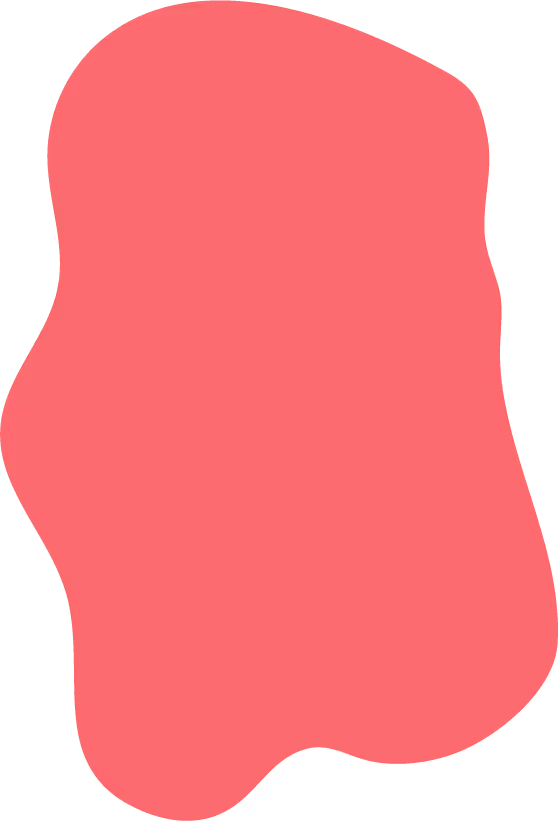Teen Worry and Sadness
Navigating the teenage years means facing many changes and challenges. It’s normal to feel sad and worried from time to time, but sometimes these feelings can stick around for longer than expected and affect our everyday life, relationships, health or self-esteem.
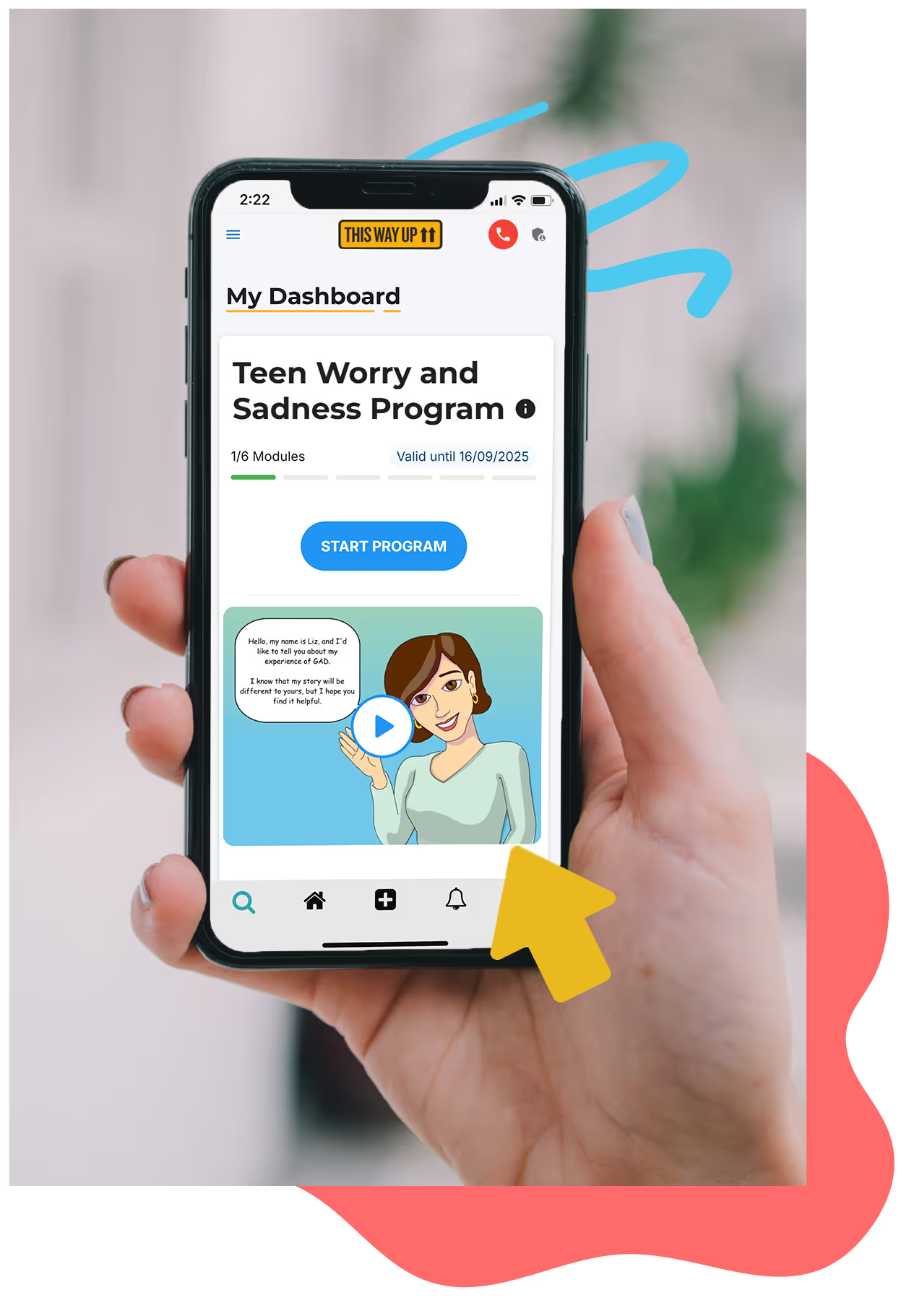
Worry and sadness can be early signs of anxiety and depression in adolescence, but fortunately they are treatable. This program uses Cognitive Behavioural Therapy (CBT), providing practical skills to manage symptoms, break negative cycles, and help you feel better.
What to expect
Format: Six online modules with five-day breaks between each one
Duration: Self-paced over 90 days, with extension option if needed
What's included
Story-based modules that teach core coping skills
Exercises designed to help you tackle your symptoms
Practical Action Plans to apply your new skills in daily life
Email and text reminders to keep you on track
Questionnaires to help you monitor your wellbeing
The teen’s parent/carer is also involved, learning tips for supporting their teen through the program.
This program has been adapted from our adult Anxiety and Depression Program to be more suitable for young people from 12-17 years of age, and has proven effective in research trials.
Are you ready?
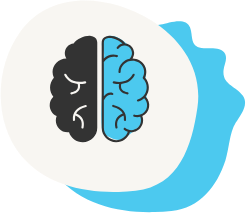
Ready to try something new?
Try our clinically proven CBT-based approach to improve your mental health
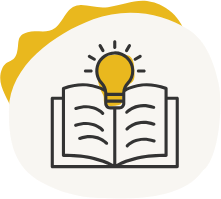
Ready to learn?
Start learning practical skills to help you manage your symptoms and feel better
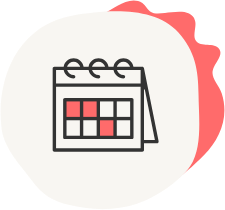
Ready to commit?
Dedicate just 20 minutes, three times per week, to improving your wellbeing
How to get started
To enrol in this program, speak with your clinician (e.g., your GP, psychologist, or other health professional), and see if they can prescribe you this program and monitor you throughout your online treatment.
Download and take this letter to your appointment.

Not sure if this treatment is for you?
Take our short Wellbeing Test to receive a treatment program recommendation
Start TestOr view our other popular programs
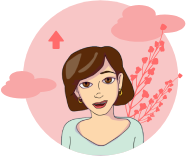
Generalised Anxiety
Do you often feel nervous, worried or tense about a range of different things?
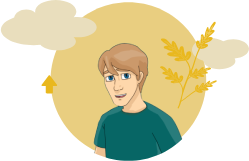
Mindfulness
Do you want to improve your ability to stay present and boost your wellbeing by learning mindfulness skills?
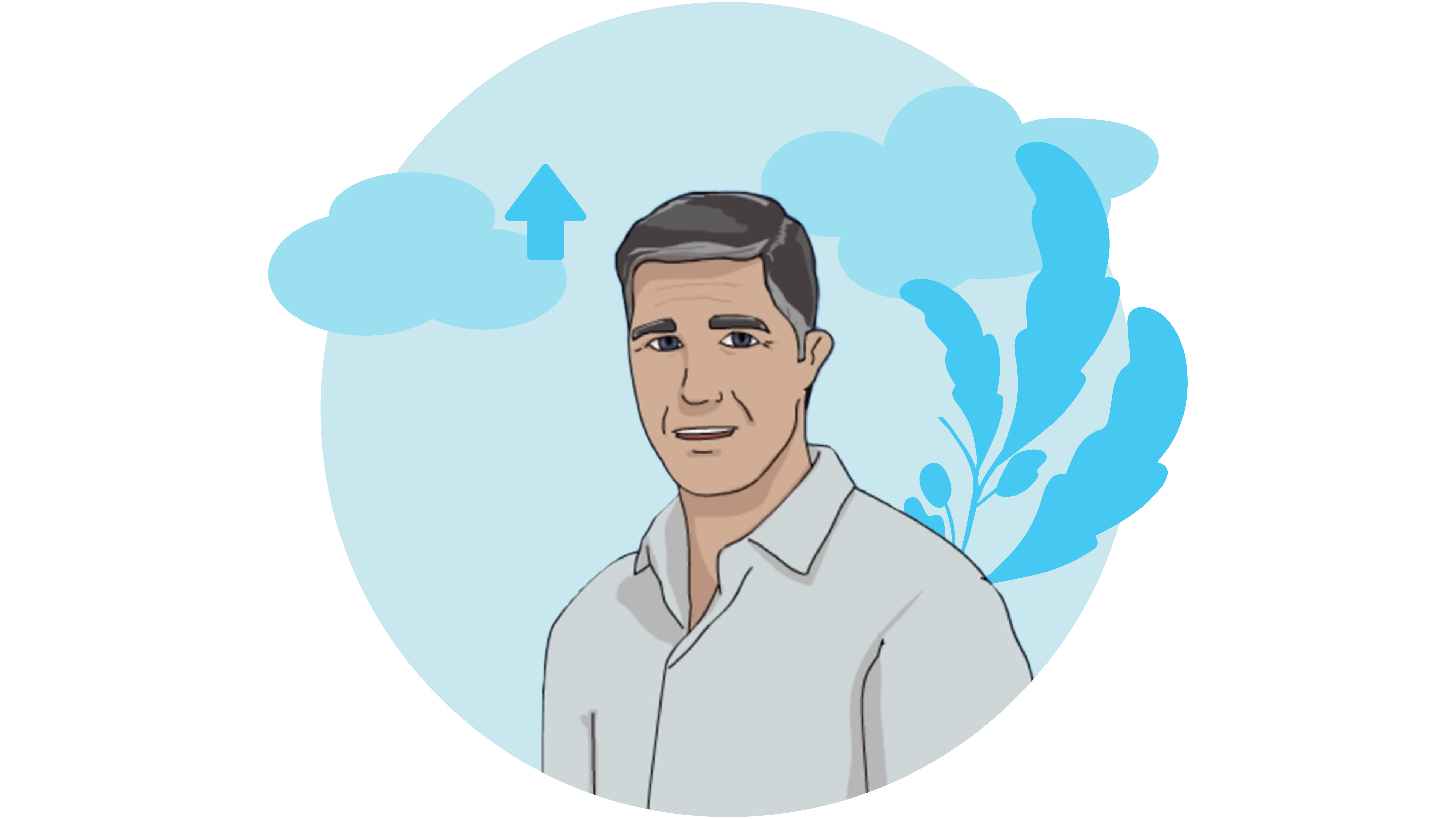
Insomnia
Do you suffer from lack of sleep or poor sleep quality, and has this been going on for a while?
Who will find this program helpful?
Young people from 12-17 years old who have either been diagnosed with anxiety and/or depression and would benefit from treatment, or have started to experience worry and/or sadness to a degree that is troubling them or affecting their life. The program can benefit both young people who have never done CBT before and those who want a refresher of the tools. Parents or carers will also benefit from information about the CBT tools their child is learning.
How is this program different from adult programs?
The Teen Worry and Sadness Program is targeted towards young people aged 12-17 with characters that may be more relatable for younger adolescents. It includes an Information and Guide for Parents/Carers with each module that summarises skills and provides practical suggestions for supporting their teen. While it covers strategies for anxiety, they are more general rather than specific to particular anxiety disorders.
What will teens learn in the program?
This program follows illustrated stories of teen characters learning skills for coping with sadness, stress, and adolescence. Modules cover: understanding worry and sadness, tackling unhelpful thoughts, boosting mood and facing fears, assertiveness and coping with stress, solving problems and dealing with worries, and building a toolbox of skills for continued improvement.
How much does the program cost?
This program is free to enrol in under the guidance of a clinician. It's only available for enrolment with clinician supervision from someone who knows the young person, such as their GP or another mental health professional.
What kind of support is available?
The program requires both clinician and parent/carer involvement. The parent/carer receives an information guide with each module summarising the skills taught and providing ideas for supporting the young person. The clinician helps the young person apply the skills from the program. For this reason the program is not available as ‘self-help'. It's recommended that the young person, parent/carer, and clinician discuss what kind of support will be most beneficial before starting.
How long does the program take?
The program consists of six modules, and it's recommended to complete one module every 1-2 weeks, allowing time to practice the skills learned.
By submitting this form I agree to the THIS WAY UP Terms of Use and Privacy Policy.
